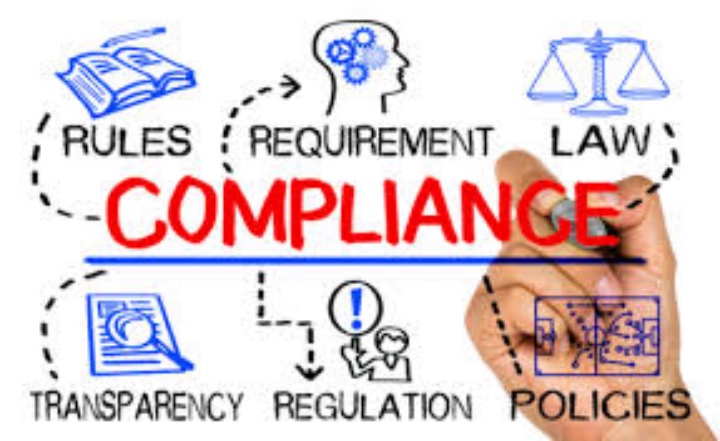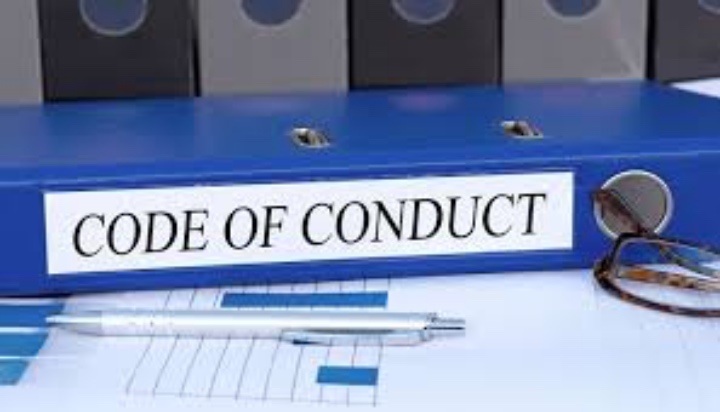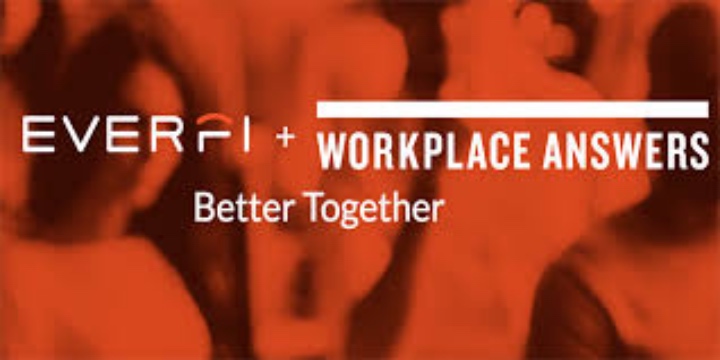HCCA-OIG Resource Guide on Measuring Compliance Program Effectiveness
The Health and Human Services Office of Inspector General (OIG) and the Health Care Compliance Association (HCCA) jointly released a resource guide on measuring the effectiveness of a health care organization’s compliance program. A copy of the guide can be downloaded here. The resource guide was the product of a roundtable meeting of OIG staff and compliance professionals on January 17, 2017. The roundtable focused...
























